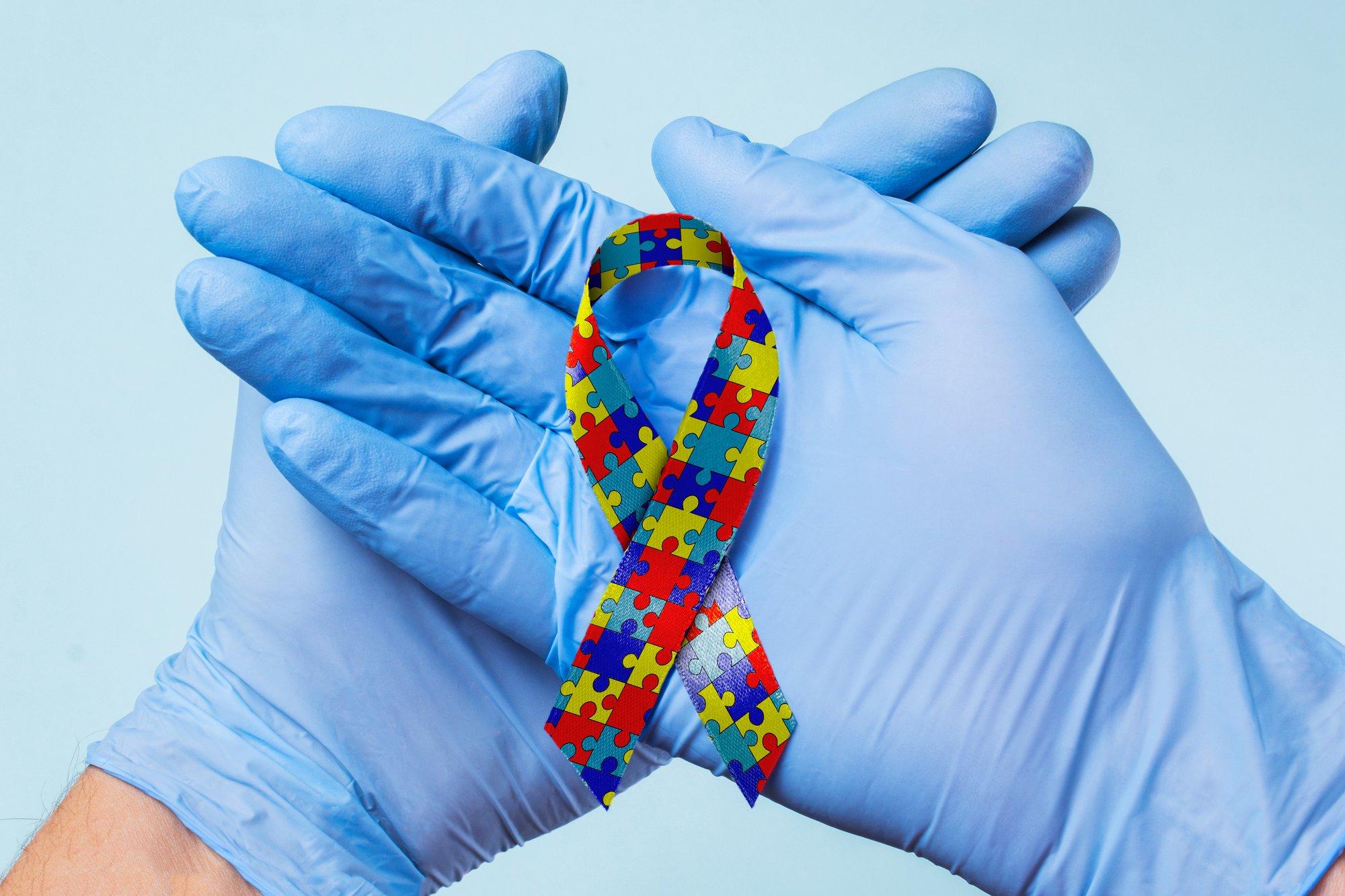
Third in a Blog Series: Understanding Autism with Easterseals Ambassador Aaron Likens
I wouldn’t have thought this when I began my speaking career but one of the first audiences I spoke to were doctor’s offices across Saint Louis in 2010. I thought this would be a waste of time, but I was surprised with the lack of basic understanding of the autism spectrum that doctors and their nurses had. Even though Asperger’s Syndrome had been in the DSM (Diagnostic and Statistical Manual of Mental Disorders) for 16 years, I was somewhat surprised at their lack of awareness.
This is another area that means a lot to me because my journey, as a human, was actually shaped by a doctor that had no idea what Asperger’s meant back in 2003 when I was diagnosed. He referred me to get a diagnostic test and a couple weeks later when I went back to him he told me, “Yeah, this says you have Asperger’s. I don’t know what to say, um, good luck?”
Good… Luck… What did this thing I have mean? I had no idea and had to look it up on the internet. I found bad information and I gave up for 15 months. It doesn’t need to be this way though and in 2019 I spent a lot of time presenting to many doctor’s offices and hospitals in and around Los Angeles and in nine years I can say we have come so far.
When I present to this sort of audience I provide a brisk presentation simply covering the 5 most important statements about autism, along with a little background of myself and then it’s all Q&A. I now know they have a base reference about the autism spectrum unlike 2010 and the questions, oh my, they’re good. The thirst for knowledge I’ve found is so great that it’s simply thrilling when I get to present to them because they’re thirst is such that they can properly interact and better treat patients that may not fully be able to verbally describe what is going on.
I’m curious if, in another decade, a presentation to health care workers will even be needed. For now it is because we aren’t at that 100% understanding and awareness and I still hear, not as frequently mind you, stories from families that have a doctor that just refuses to acknowledge that autism is a problem or even exists. “It’s just a delay” or “They’ll grow out of it” are two frequent sentences parents say they hear. And, I’ve heard some horrifying ways some doctors try to diagnosis it (I’m sorry, but if a child can or cannot throw or catch a ball is not a proper way to diagnose and Autism Spectrum Disorder) but with each passing year these stories keep decreasing and I can only hope it keeps going that way until this is simply a thing we remember on how things used to be.
